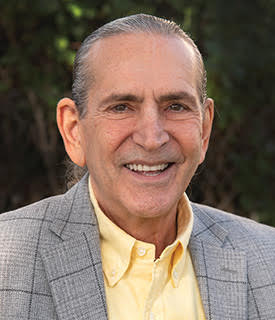Have you realized that something you’ve been doing is actually causing you harm? Do you find that behavior hard to resist? Perhaps you find, or even make up, reasons as to why you can’t resist those behaviors? Maybe it seems physically impossible for you to resist because of something going on with your body?
Really, it comes down to pleasure and relief. Understanding self destructive behaviors is realizing how it provides us short term pleasure and relief and why we continue to do it.
Which Action Is a Harmful Behavior?
Examples of self destructive behaviors are:
- alcohol/drug abuse,
- binge eating,
- compulsive computer gaming,
- self-injury,
- smoking,
- chronic avoidance, or
- other behaviors that seem helpful in the moment but actually harm us over time.
Traits Self-Destructive People May Share
People struggling with self destructive behavior differ dramatically, but there are some traits or histories in common. Everyone has a different story specifically, but as a general overview, here are some of those traits:
- Born to feel emotions more than others. This is not a bad thing, in fact there a lot of advantages to being able to feel and connect more.
- Experiences of physical abuse, neglect, or continuous criticism.
- Routine experiences with family members who discourage expression of emotions or have self destructive behaviors themselves when coping with their emotions.
- Bullying at school, abuse from someone outside of the family, being excluded or mistreated by other children.
Ways To Stop Destructive Behavior
Trying to “not feel” or attempting to just move on isn’t really effective at helping us cope with these emotions and experiences. We can’t just turn off our feelings and that’s why some people resort to these behaviors as a release. But because these behaviors never actually heal us, it just masks over for the time being, we bottle things up till we’re overflowing.
When we know these decisions aren’t good for us, we immediately try to stop. But when we start to crave that behavior again, it’s nearly impossible to resist. No matter how much we know we shouldn’t give in. Then when we do, we’re depressed because we feel like something is inherently wrong with us. That we can’t resist.
When trying to move on from these behaviors, remember it DOES NOT mean you’re weak, selfish, or must have a physical condition of some kind that’s preventing you from stopping.
However, it DOES mean you need to learn how to cope in a different way that will be more effective with reducing pain, both short and long term. It also DOES mean you’re life will improve dramatically.
Getting Help
If you or a loved one struggles with self destructive behaviors, please contact Crownview Medical Group to get in touch with a medical professional who can provide you with advice on how to overcome those behaviors with an individualized plan.
























